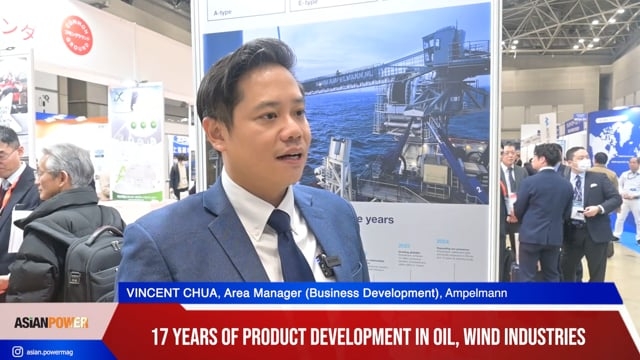Bhutan villagers coerced to work for electrification
Villagers in Dungmanma claim they’ve been coerced to carry electric poles to reduce contractor’s overheads for
rural electrification work.
With the government’s plan to achieve “Electricy for All” by 2013, some desperate measures to connect homes seem to be taken in the country’s far-flung rural areas.
The electric poles were carried from Jumotshagkha to their village, about a three-day walk from the nearest road point in Jumotshangkha.
A person from each of the 60 households is involved in carrying the poles. One of the villagers, Pema Tenzin, said, before electrification work started, the villagers were called for a meeting held by the gup, the contractor and the mangmi, where they were told about how their homes would be connected with electricity.
“We were told that it’s compulsory to carry poles, otherwise our village wouldn’t get electricity,” the 30-year-old villager said. “We agreed to carry for a daily wage of Nu 300 fixed by the contractor, since it was for the village’s development.”
Another villager, Jigme , also said that they are confused if it was a rule imposed by the government in exchange for electricity.
“I heard from civil servants in the town that it’s the contractor’s responsibility to find his own labourers for his contract work,” he said. “But this isn’t the case in our village.”
Jigme Tshewang, 26, also said that the contractor had told them that he was in a huge loss and, to recover that, 30 percent of the rural electrification work to be done by villagers on daily wage basis.
Lauri gup Pema Dendup denied that such compulsion was made to the villagers to carry the poles. “As the contractor told me, I informed the villagers that the contractor was in a huge loss, and the villagers needed to help him on daily wage system, because it is difficult to get expatriate labourers,” the gup said. “I felt if Indian labourers didn’t work, ultimately the farmers need to help for their own benefit.”
However, the contractor Chorten Gyeltshen said that he had never asked villagers to compulsorily contribute in carrying poles to Dungmanma village.
“The gup told the villagers to help me in whatever possible way, and also suggested the healthy and strong take up the work on a daily wage,” he said. “I tried employing Indian labourers but, when they heard about the remoteness of Lauri and the three-day journey, all 20 of them fled.”
For more.























 Advertise
Advertise








